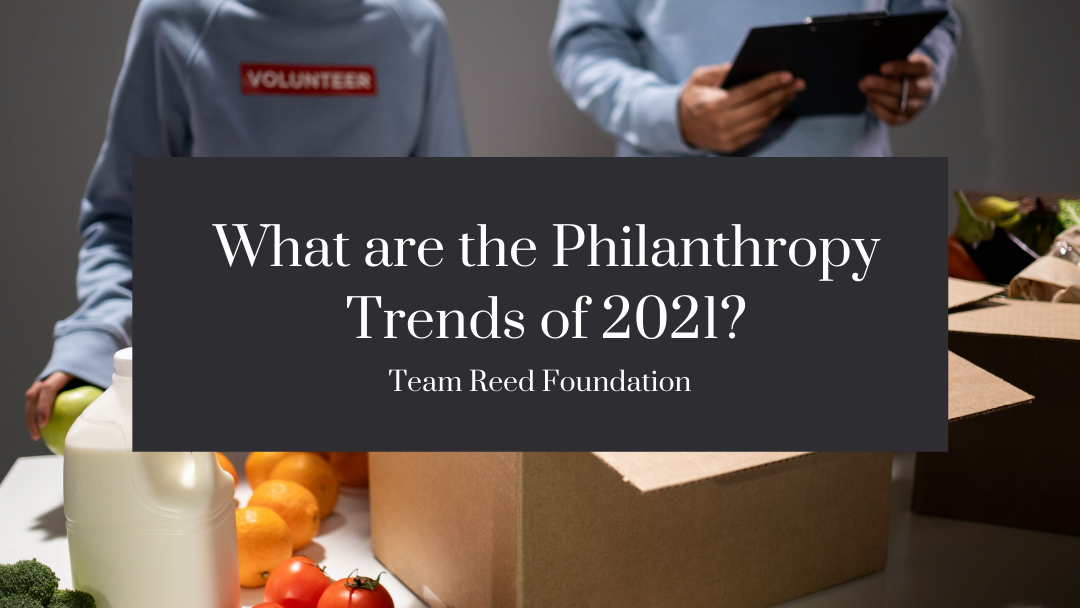The year 2020 brought with it many changes, and the world of philanthropy was no exception to this. It brought a decrease in specific trends (and funding) while increasing the rate of other movements, challenges, and more.
This begs the question, what trends are on the rise in 2021? The Dorothy A. Johnson Center for Philanthropy (located at Grand Valley State University) recently issued a thirty-two-page report which strongly indicates certain trends for the incoming year. This report took into account the struggles that the pandemic brought with it, the past trends, and the recent increase in demand for racial justice. Just to name a few of the thousands of factors that will play into how philanthropy has changed in 2021. They are not the only ones looking ahead, naturally. Any charitable organization is concerned about what the future holds for them.
Dynamic and Disruptive Forces
Looking back at 2020, it isn’t surprising to realize that there are many disruptive forces at play in 2021. However, it is much more challenging to track and predict how those changes are affecting philanthropy.
Several factors play into this trend. Megadonors (tremendously wealthy donors) are on the rise. They are donating more than ever, making a significant impact. Conversely, the smaller-scale donations (small to mid-range) are decreasing. This includes contributions from individuals and households, and it is happening worldwide.
Fighting for Racial and Social Justice
The pandemic was not able to eclipse the rising need and demand for racial and social justice. 2020 brought an increased vigor in the fight, and the trends in 2021 will reflect that.
More activists and frontline organizations are going to become part of this fight – they already have. Likewise, businesses will be held accountable, both inside the organization and regarding what charities they support.
It’s safe to assume that philanthropy will follow this trend, going with the call for open and frank conversations on these matters.
Trust-Based Philanthropy
Related to all the concerns above is trust-based philanthropy. Trust-based philanthropy played an essential role during the pandemic. It followed the dire situation the world was in and stepped up in response to the needs of the many.
Thanks to this trend, nonprofits were able to get their hands on PPE and other essentials for the pandemic. How? According to GlobalGiving, nearly eight hundred funders and philanthropists all agreed to ease grant restrictions on nonprofits. Instead, they opted to trust those nonprofits in a time of need.
Reparations
The Dorothy A. Johnson Center’s report also covered a growing trend in philanthropy and reparations. That is to say, an increase in concern towards righting the wrongs made in the past.
Additionally, this initiative ties in firmly with one already mentioned – the fight for racial and social justice. The organizations seeking to help with reparations are also fighting to prevent these horrors from happening again. They are stepping up where governments and taxes are not, and they are doing what they can to make things right.

